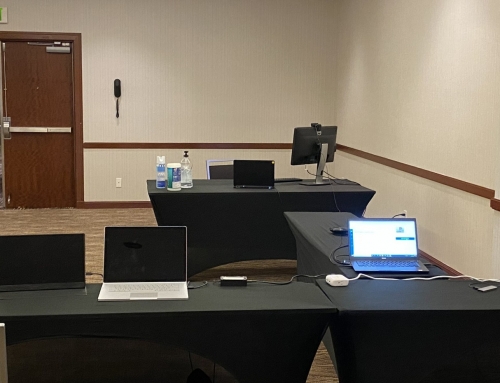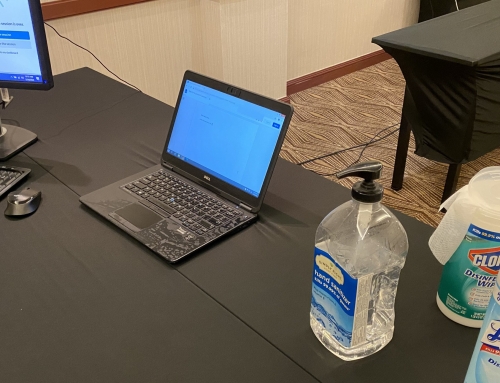A client hired Lebsontech for user experience related work, but partway through the process decided to use Lebsontech staff to address some other priorities that weren’t specifically user experience (UX) related. Since I knew funds were limited, using the funds and my team for this alternate purpose would seriously limit the time and funding available to do user research within this contract. The client was going to update their site soon as well, and not only had the new site not been evaluated with user research, but I could see flaws in the site that jumped out at me like a stereogram image.
As a consultant and a small business owner, I certainly want to make sure that my employees have work. Since I had that, I shouldn’t complain. But it felt like a moral quandary. I believe strongly that in this case, for this client and particularly for this site, user research was critical. Announcing that I saw flaws in the site was not going to make a difference, but producing video clips where the flaws would stand out like beacons of places where change was needed would, I believe, effect change. And this change would make a difference to the end users of this site. It would let the site provide the value that it should be providing.
What should I do? Push for the research anyway? Risk alienating the client? Risk appearing pushy? All for a desire to meet a moral imperative – essentially operating on a more emotional basis than a rational business basis?
I chose to argue for what I believe is critical, even if I’m a lone voice at the moment saying that user research should not be pushed off any longer. From a business sense, does it help my bottom line? No. But it feels right and feels like what I should be doing. The client chose me – no, we chose each other – when we started working together, and the client wanted the lens that I would provide at the outset, even if it wasn’t a priority at the moment.
Is the user research study going to happen? Probably – I don’t think that the client is absolutely convinced that it is the right idea or at the right time, and they may in part be doing it because I carry just enough influence for them to be willing to let me go ahead with the research without waiting any longer.
After the study, will the client agree that it was worthwhile to have raised the priority of the research? I hope so. It won’t be until after the research study is completed that I will be able to show what value was gained. I expect to learn a lot, and I expect to validate some assumptions about what is and is not usable. Ultimately, I expect to meet what does sometimes feel to me like a moral imperative, an obligation of my profession.







